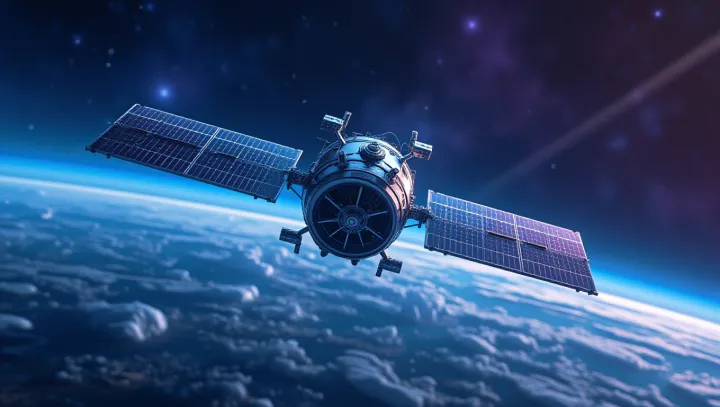Are Artificial Satellites Key to the Future of Earth Monitoring?

In Munich, a coalition of international space agencies announced a groundbreaking initiative aimed at launching a new fleet of artificial satellites to augment Earth observations. These next-generation satellites are equipped with cutting-edge technology designed to collect more accurate data on climate change and biodiversity. The launch of these satellites is expected to redefine how scientists analyze environmental data, offering unprecedented clarity and detail.
This advancement will play a crucial role in informing policy decisions on ecological conservation, driven by precise and comprehensive insights. According to Dr. Amelia Turner, an expert in global communication systems, the implications of these satellites extend beyond environmental monitoring.
'We are entering a new era where satellite technology is integral not only to understanding our planet but also in enhancing our communication infrastructure on a global scale,' she commented. The initiative is seen as a significant step towards a more interconnected world, where rapid data transfer and improved connectivity can be accessed from remote corners of the globe. The enhanced capabilities of these satellites promise to support economic growth, improve disaster response, and bridge digital divides.
